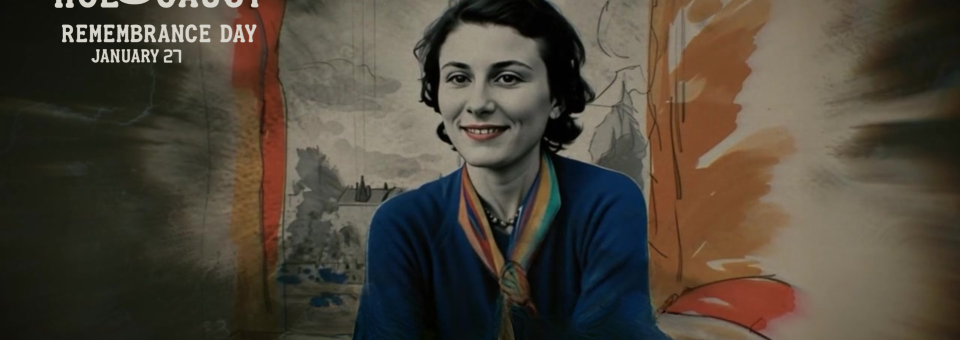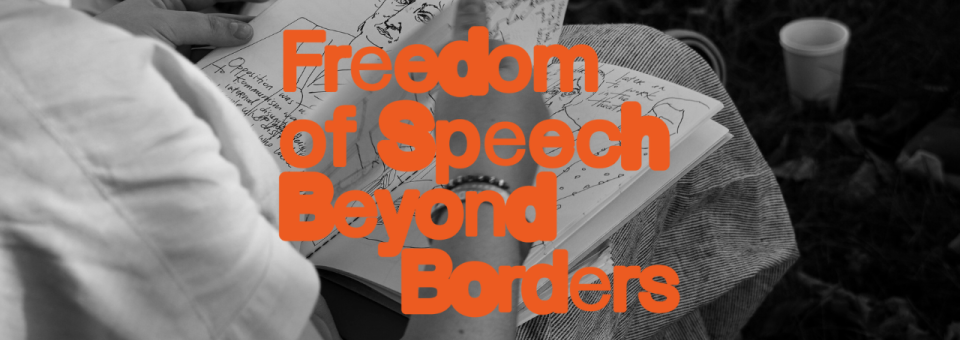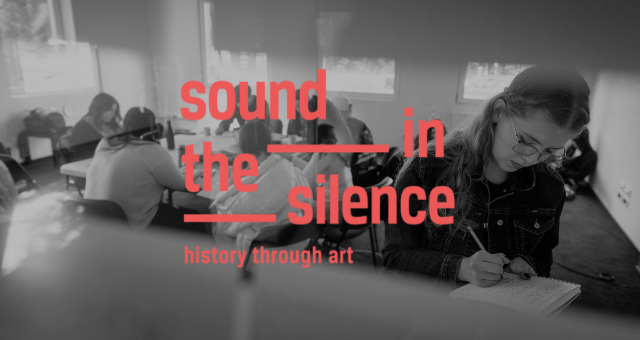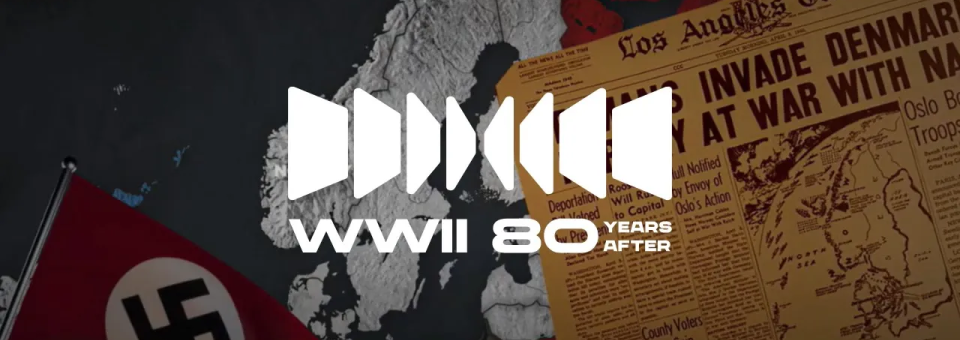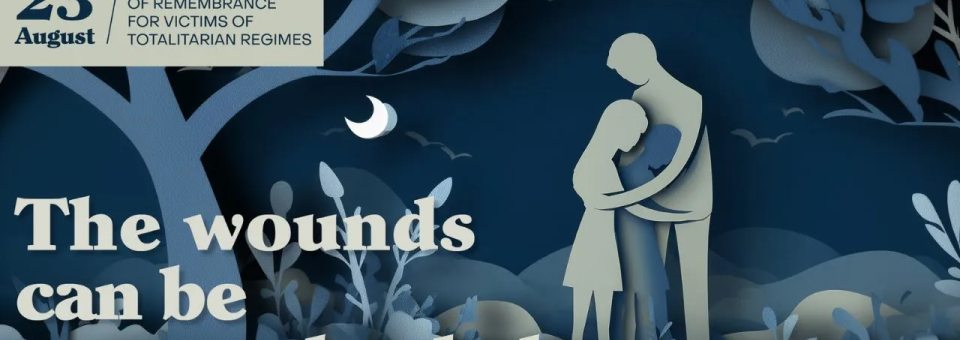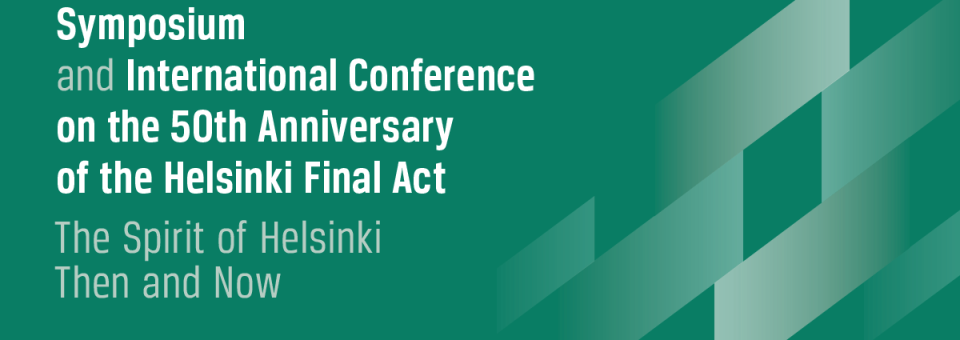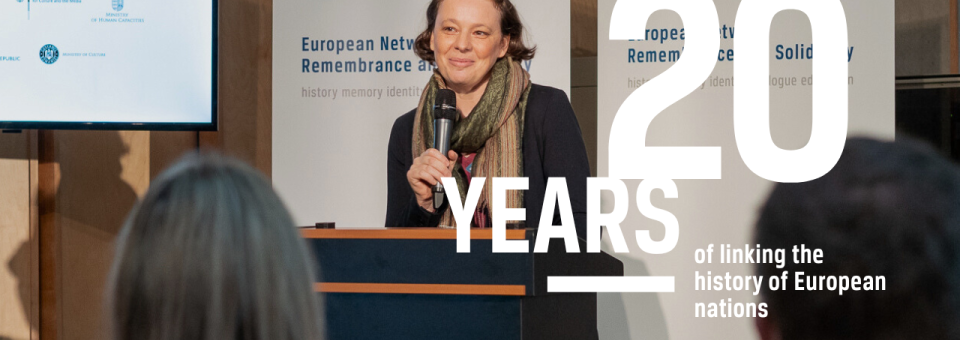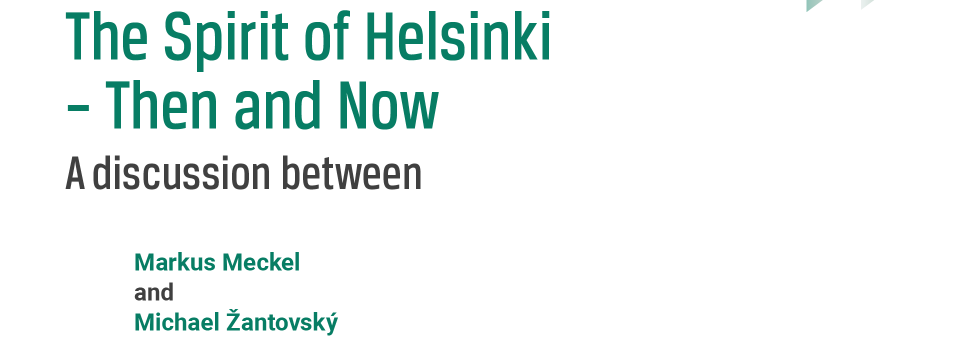Le 8 mai 1945, l’Allemagne nazie capitule sans condition devant les forces alliées, mettant fin à la Seconde Guerre mondiale en Europe. En 2025, quatre-vingts ans plus tard, nous commémorons ce conflit dévastateur qui a coûté la vie à des millions de personnes et profondément transformé l’ordre mondial.
Nous présentons la première de notre nouveau film d’animation éducatif, réalisé à l’occasion du 80e anniversaire de la fin de la Seconde Guerre mondiale. Ce film invite les spectateurs à retracer les grandes étapes du conflit – depuis l’agression de l’Allemagne nazie et le déclenchement de la guerre, à travers l’occupation et les crimes de masse sans précédent, jusqu’aux derniers jours de 1945.
La Seconde Guerre mondiale n’a ressemblé à aucune autre. Pour la première fois, les technologies ont été utilisées pour l’extermination de masse de populations entières, indépendamment de tout objectif militaire. Alors que, pendant la Première Guerre mondiale, 95 % des victimes étaient des soldats, les deux tiers des morts de la Seconde Guerre mondiale furent des civils. L’ampleur du conflit fut mondiale : 60 pays impliqués, des opérations militaires dans 40 États, 100 millions de personnes mobilisées et entre 50 et 70 millions de morts.
Le film revient sur les événements majeurs et les destins humains qui ont marqué cette période : le démembrement de la Tchécoslovaquie, le pacte Molotov-Ribbentrop, la guerre éclair et la capitulation de Varsovie, la terreur de l’occupation et l’extermination systématique de l’élite polonaise, la bataille de Monte Cassino, l’insurrection de Varsovie, la libération du camp d’Auschwitz-Birkenau, la conférence de Yalta, le bombardement de Dresde, la chute de Berlin et, enfin, la capitulation sans condition de l’Allemagne le 8 mai 1945.
Ce film d’animation fait partie de la campagne #WWII80YearsAfter, qui retrace le déroulement de la guerre et son héritage à travers des vidéos, des articles et des contenus thématiques soigneusement sélectionnés.
Ce projet public est cofinancé par le ministère des Affaires étrangères de la République de Pologne, dans le cadre du programme de subventions « Diplomatie publique 2024–2025 – dimension européenne et lutte contre la désinformation ».
